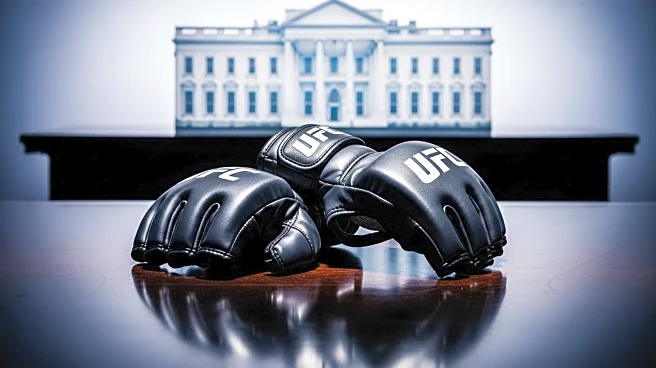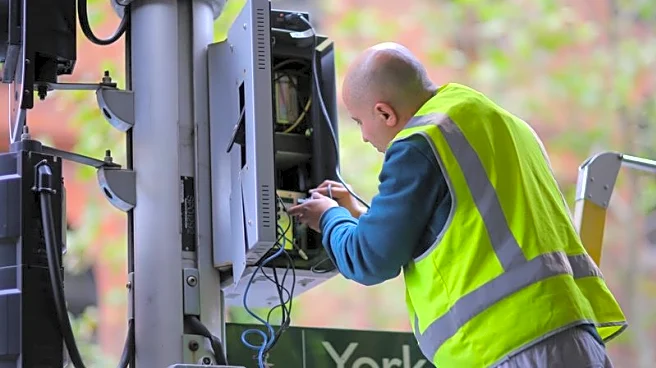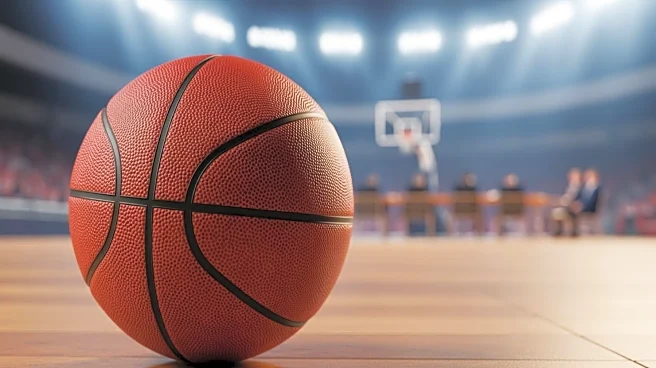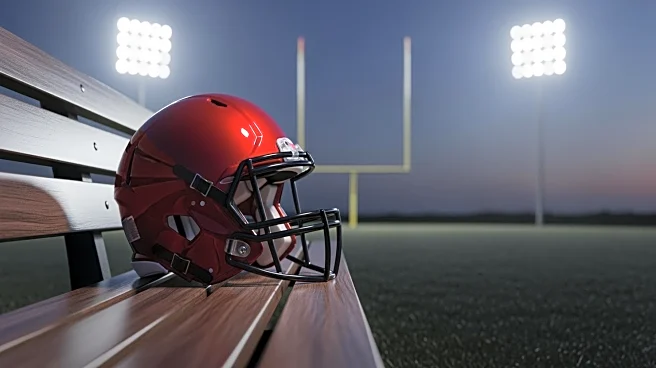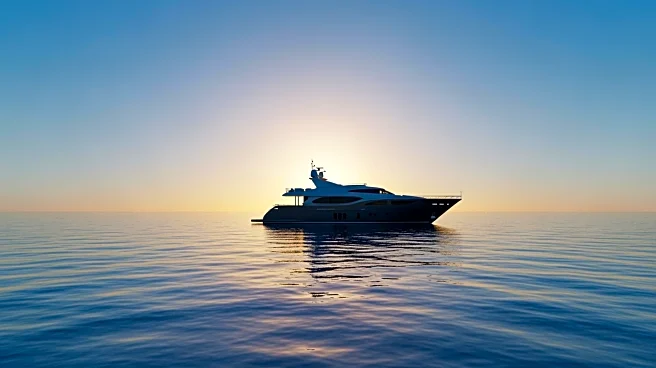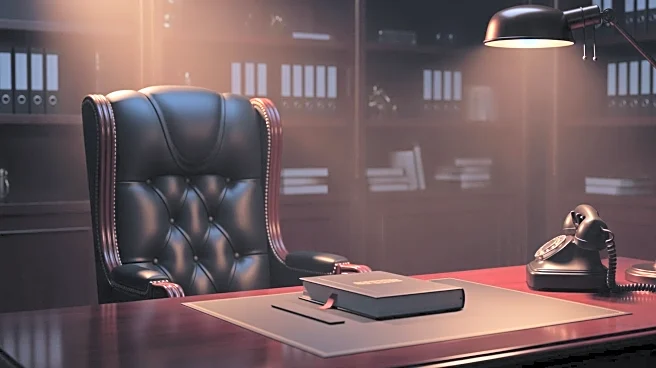What's Happening?
Former UFC lightweight champion Charles Oliveira has expressed interest in fighting Conor McGregor at a UFC event scheduled for June 2026 at the White House. Oliveira, who last competed in June 2025 at UFC 317, where he was defeated by Ilia Topuria, sees this potential matchup as a significant opportunity. He believes that a fight against McGregor would be a major draw, referring to it as 'the money fight.' Oliveira is set to face Mateusz Gamrot in the main event of UFC Fight Night 261 in Rio de Janeiro, Brazil, on October 12. Gamrot, who last fought in May 2025, has a record of 25 wins, three losses, and one no contest.
Why It's Important?
The prospect of a UFC event at the White House is unprecedented and could have significant implications for the sport's visibility and popularity. A fight between Oliveira and McGregor, two high-profile fighters, would likely attract substantial media attention and viewership, potentially boosting the UFC's global profile. This event could also symbolize a unique intersection of sports and politics, highlighting the growing influence of mixed martial arts in mainstream culture. For Oliveira, a successful bout against McGregor could revitalize his career and enhance his marketability, while McGregor's participation would reaffirm his status as a major draw in the sport.
What's Next?
If the proposed fight at the White House materializes, it could set a precedent for future high-profile sporting events at iconic political venues. The UFC would need to navigate logistical and security challenges associated with hosting an event at such a significant location. Stakeholders, including political leaders and sports organizations, may weigh in on the appropriateness and implications of hosting a combat sports event at the White House. Additionally, Oliveira's upcoming fight against Gamrot will be crucial in determining his readiness and momentum heading into a potential matchup with McGregor.
Beyond the Headlines
The idea of hosting a UFC event at the White House raises questions about the cultural and ethical dimensions of sports diplomacy. It could be seen as a move to bridge the gap between sports and political engagement, potentially influencing public perceptions of both domains. The event might also spark discussions about the commercialization of political spaces and the role of sports in diplomatic relations.
